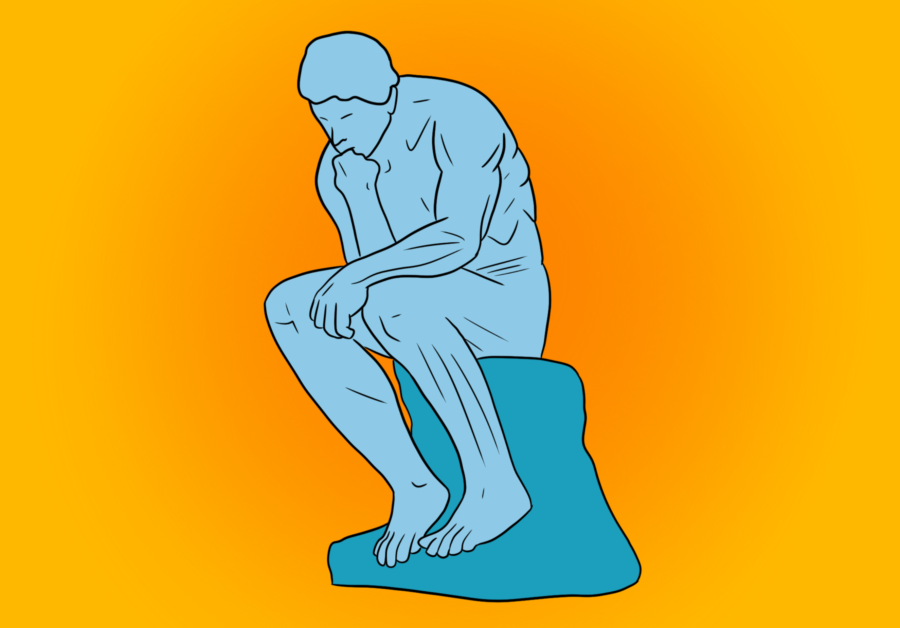The degree might make you a Doctor of Philosophy, but how many recent doctoral graduates have really reached that level of philosophical understanding in their field?
In theory, the doctoral degree program in any field should supply the student with comprehensive education not only in the basic technical knowledge of the field but also in the predominant philosophies surrounding that field.
For instance, in biology, one should learn the basics of how life and cells work, but also the philosophical concepts of life, the scientific method and ethical frameworks that reach well beyond one particular thesis project.
Gundula Bosch at Johns Hopkins University agrees. Along with her colleague Arturo Casadevall, she has been pushing to put more philosophical training back into curricula. In conversations with faculty, they found these philosophical gaps appeared in broader scientific skills like using appropriate statistical tests and experimental controls and explaining their work to non-experts.
So, they developed a new program specifically designed to combat this deficit. Bosch wrote in a Nature article that her “students learn to apply rigour to their design and conduct of experiments; view their work through the lens of social responsibility; and to think critically, communicate better, and thus improve reproducibility.”
Not everyone gets such support for their growth as a thinker as they work toward their doctorate. Many may end up feeling more like they have learned one very limited set of skills and know very little about the broader field they work within.
I know I am not the only doctoral student out there who feels that, while I know a lot about one very specific thing, as soon as I step outside of my current lab, I will be starting from scratch.
One could call that “imposter syndrome” rearing its ugly head, but it comes from a very real place. Equipping doctoral students with a broader base of pure thinking skills may help alleviate some of these feelings of inadequacy.
I consider myself somewhat lucky in that my program does try to include opportunities to grow skills in science philosophy, or what I would rather call “figuring it out” skills.
For instance, my program — the molecular, cellular, developmental biology and genetics program — forces students to step outside of their comfort zone during preliminary exams. For our written exam, we were to choose between three publications and write a grant proposal for a project launching from the paper we chose. We then had two weeks to write the grant proposal. Lastly, following faculty review, we were to defend that proposal as part of our oral exam.
Student sentiment can be a bit split on this because some feel it is a waste of time to do all of that literature research and create a grant proposal for a project you will never pursue.
On the other hand, this is a great exercise in using a broad set of necessary skills that every scientist will absolutely need to have if they wish to continue their career in science. Plus, these are the very same skills that make you useful beyond your specific subfield if you wish to spread your wings to something else after receiving your doctorate.
The “figuring it out” skills, indeed.
Some concerns have arisen around implementing the education that Bosch and Casadevall have been working on, especially with regard to productivity, time to graduation and rote knowledge. Bosch argues against this concern because she believes teaching students how to think more broadly and critically will contribute to better productivity.
It seems plausible that the ability to better sift through literature, evaluate and design experiments with appropriate statistics and controls, and then communicate the conclusions to a broad audience could contribute to more overall productivity if it means there are fewer re-dos and mistakes along the way.
Additionally, while I can appreciate the desire for fast graduation time and good levels of productivity, the doctorate is about much more than that. You could spend five years of your life working as a bachelor- or master-level staff scientist and gain the same amount of technical knowledge about a specific scientific discipline, and likely get paid a lot more than a doctoral student.
If the doctorate is going to become a five-year technical training intensive, then it calls into question whether someone with a doctorate is inherently more qualified — and therefore deserving of any higher positions or pay — than someone who worked in a staff scientist position for that same amount of time.
What sets the doctoral journey apart is the broader skills: the philosophy part. Providing doctoral students ample opportunities to think critically and creatively in ways they may not get elsewhere is the most essential part of the journey.
If doctoral programs are going to cut that part out for the sake of publication numbers and graduation rates, then the value of the letters after your name will diminish and we will end up with highly credentialed scientists lacking essential skills to push the field forward.



















